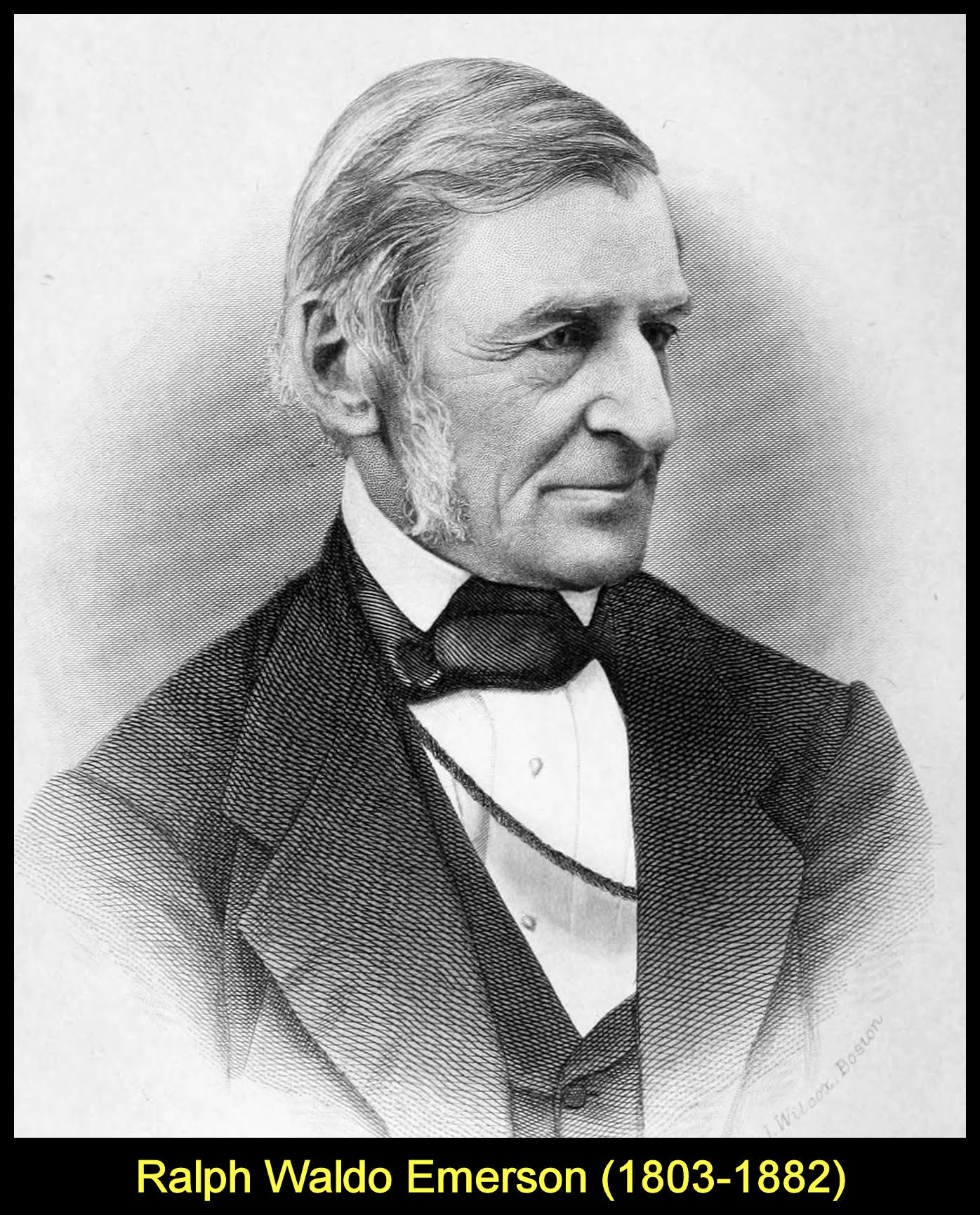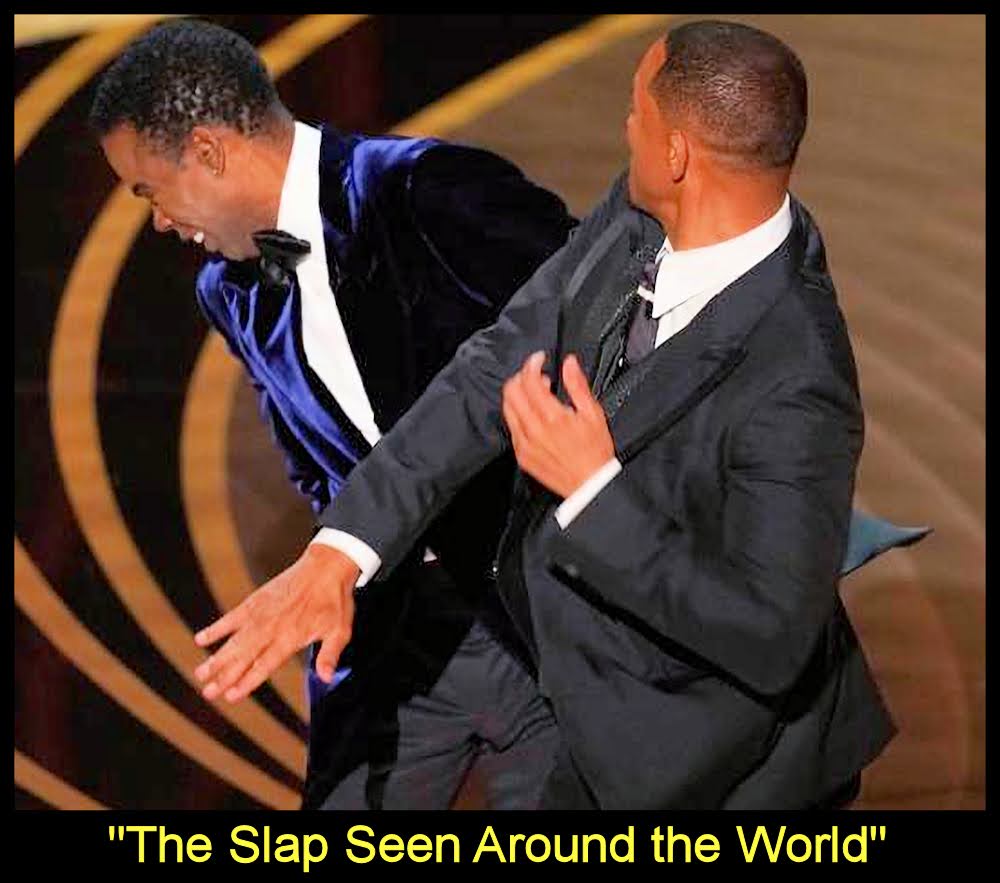 The famous phrase “The shot heard round the world” was coined by American essayist, lecturer and poet Ralph Waldo Emerson (1803-1882) in 1837.
The famous phrase “The shot heard round the world” was coined by American essayist, lecturer and poet Ralph Waldo Emerson (1803-1882) in 1837.
It’s the last line in the first verse of his poem “Hymn: Sung at the Completion of the Concord Monument,” generally referred to as “The Concord Hymn.”
Emerson wrote the poem for the official dedication of the Concord Monument on July 4, 1837. The monument commemorates the “Battle of Concord” that took place at Concord, Massachusetts on April 19, 1775, a seminal event in the American Revolution.
That day, some 700 British Army regulars began marching through Lexington toward Concord to confiscate an illegal weapons arsenal stored there by the Massachusetts militia. When the “Redcoats” got to Lexington, their way was blocked by about 80 local militiamen.
British Major John Pitcairn ordered the Americans to disperse, which they actually began to do.
Then, suddenly, someone fired a shot. Nobody knew who it was. But, when it rang out, both sides started firing at each other and the American Revolution was underway.
Emerson’s name for that first shot comes in the first verse of his poem, which reads:
“By the rude bridge that arched the flood,
Their flag to April’s breeze unfurled,
Here once the embattled farmers stood
And fired the shot heard round the world.”
At the 1837 ceremony to dedicate the monument, the poem was first read to the audience. Then, as planned, it was sung by a choir to the tune of a hymn called “The Old Hundredth,” a.k.a. “The Old 100th” or “The Old Hundred.” (Hence the use of the word “hymn” in the poem’s title.)
The rest of the verses are as follows:
“The foe long since in silence slept;
Alike the conqueror silent sleeps;
And Time the ruined bridge has swept;
Down the dark stream which seaward creeps.On this green bank, by this soft stream,
We set today a votive stone;
That memory may their deed redeem,
When, like our sires, our sons are gone.Spirit, that made those heroes dare,
To die, and leave their children free,
Bid Time and Nature gently spare
The shaft we raise to them and thee.”
Emerson’s poem was widely reprinted in newspapers nationwide, giving him his first major recognition as a poet. Previously, he’d been known primarily as an essayist and lecturer.
It was included in his collection of poetry titled Poems, first published in 1848.
Oddly, in that edition, he misremembered the date of the Concord Monument dedication, since he gave the poem’s title as: “HYMN: SUNG AT THE COMPLETION OF THE CONCORD MONUMENT, April 19, 1836.”
Emerson had apparently confused the April 19, 1775 date of the Concord Battle with the July 4, 1837 date of the monument’s dedication.
In 1894, Massachusetts State Legislature commemorated the battle by making April 19 a state holiday named “Patriots’ Day.” It has remained a state holiday, though it is now celebrated on the third Monday of April, so the date varies.
In Massachusetts, it’s a day off for most people and schools and most businesses are closed. It’s also the day when the venerable Boston Marathon occurs.
Patriots’ Day is also celebrated in Maine and Wisconsin, but it’s not a national holiday.
The national holiday called “Patriot Day” is different from Patriots’ Day.
 Patriot Day is an annual observance in remembrance of the Americans who were killed and injured in the 9/11 terrorist attacks on New York City and Washington D.C. on September 11, 2001.
Patriot Day is an annual observance in remembrance of the Americans who were killed and injured in the 9/11 terrorist attacks on New York City and Washington D.C. on September 11, 2001.
Emerson’s memorable words “the shot heard round the world” created a phrase formula that has been used ever since to refer to various other things that, when seen or heard, generated widespread attention or notoriety.
For example, NPR TV critic and author Eric Deggans called actor Will Smith’s open-handed sucker punch of comedian Chris Rock at the March 27, 2022 Academy Awards “The Slap Seen Around the World.”
The words Smith yelled at Rock after the slap are at least a temporarily famous quotation: “Keep my wife’s name out your f***ing mouth!”
In a post on the NPR website the next day, Deggans (who is black) wrote:
“What bothered me most, after The Slap Seen Around the World, was how the giants of Black Hollywood immediately circled to protect Will Smith…Will anyone famous who stood and applauded Smith after his acceptance speech be asked to explain their actions? Will the Academy or Oscarcast producers explain why they allowed someone to hit a performer — a friend sent me a text joking that Ricky Gervais is lucky he’s not still hosting the Golden Globes — and then collect an award?”
The lists of other things said to have been heard or seen “round the world” or “around the world” since Emerson coined his phrase are enormous.
You can see more than a million examples that use “heard” in the posts shown in the Google search at this link. You can see over a million examples using “seen” in the posts at this link. (Also see the post on my Quote/Counterquote blog here.)
Undoubtedly, there will be many more in the future.
* * * * * * * * * *
Comments? Corrections? Questions? Email me or post them on my Famous Quotations Facebook page.
Related reading and listening…












